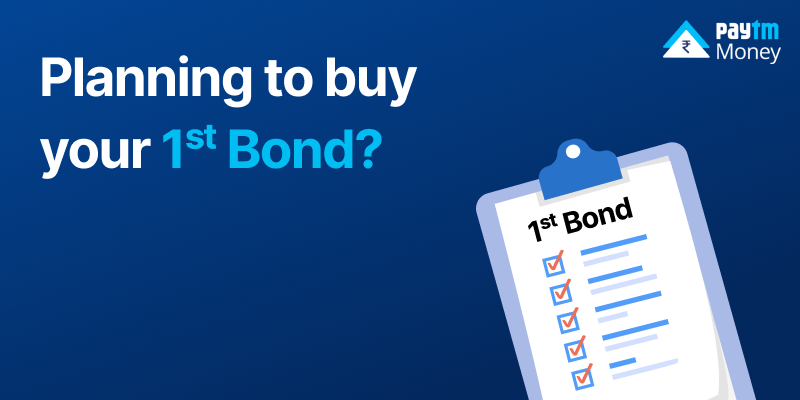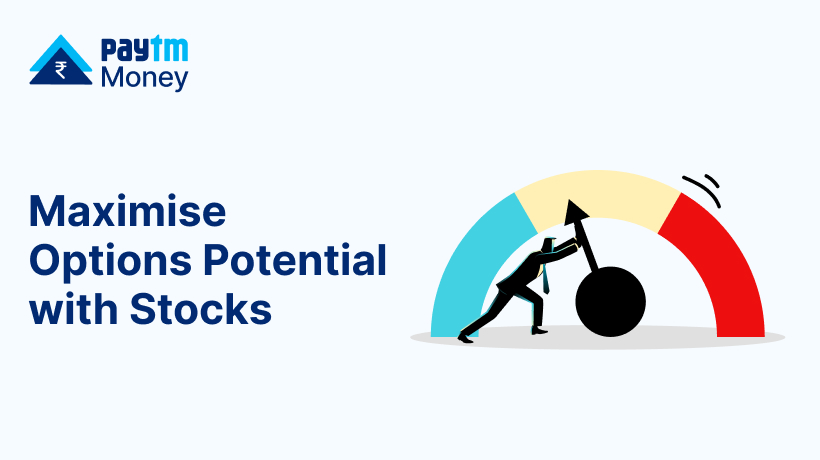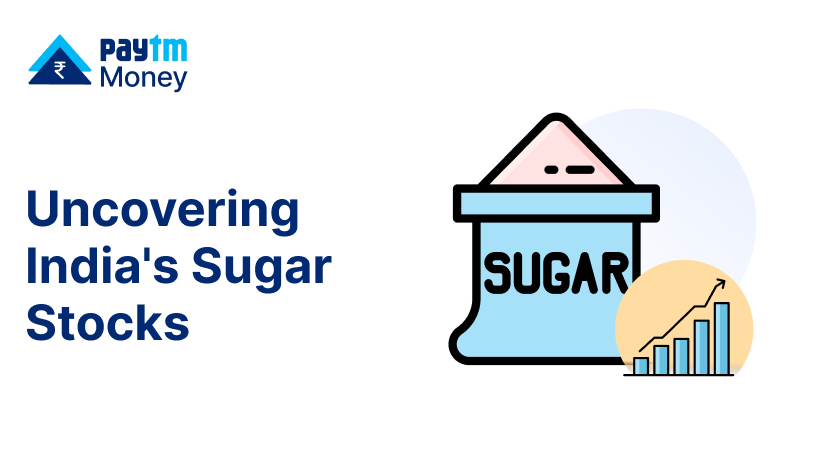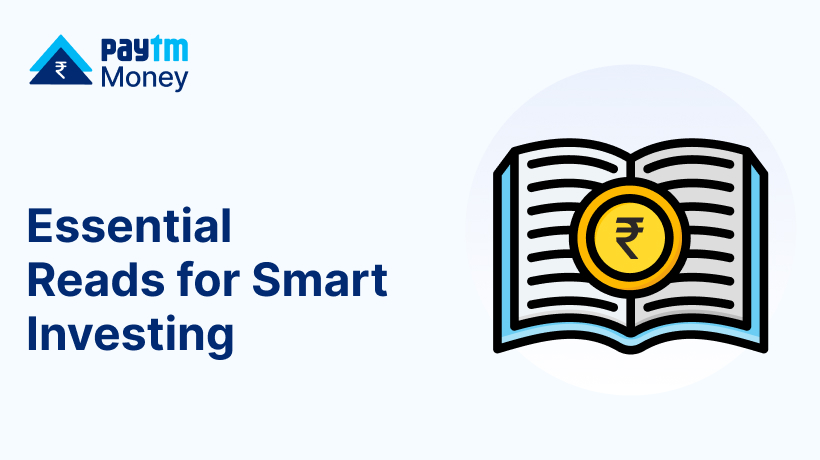Planning to buy your 1st Bond ? 5 things you need to know!5 min read
Very often you hear people say, Bonds will give you a better return than the standard Bank FD’s. Although true, it’s not that simple. A bond as an investment is a bit more complicated than your plain vanilla boring FD. One must go through some of the complexities, if one must come to grip with the understanding of bonds :p If you want to explore what bonds are you should check out our article on the Introduction of Government Bonds!!
So, what are the things we need to keep in mind? Let’s explore!
The Time Period a.k.a Maturity
Every bond has a particular end date.This date becomes extremely important as it tells you the time period you will hold your bond investment for .This date is also known as the maturity date. The end date or the maturity date is decided by the Government/Company that issues the bond. At the end of this time period the investors will get back all the money they were owed i.e. the initial amount they invested + interest they made along the way. The investors can choose from a variety of time periods right from as low as 6 Months to as long as 10+ Years.
The Rates ( yes there is more than one rate in a bond)
The rate in general means the interest rate the investor receives while the investor holds the bond. When the bond gets issued or what they call a Bond IPO, the company decides the interest rate they wish to pay to their investors based on various criteria (quite similar to an equity IPO where the Company decides the price the company should be sold at ), this rate which the company decides is called the Coupon Rate. However, there is a second rate also which the investors should take notice of ; The Yield To Maturity(YTM), Once the IPO is done the bond starts trading in the market , quite similar to how the share price of an equity share trades, the interest rate (YTM) also fluctuates for the bond depending on how every investor buying and selling these bonds assumes what the fair rate should be. At the time of an IPO , Coupon Rate = YTM , post the IPO , Coupon Rate & YTM differ. The Interest rate which most accurately reflects the rate the investor will receive at the time of purchase, is the YTM.
The Rating
The rating is a grade given by Credit Rating agencies to help investors get a grip on if the company is performing well or not. The credit rating agencies analyze the company’s financials and growth to grade them accordingly. If the company is doing well then the highest rating a Company can get is AAA. Going down the ladder you have AA , A , BBB , BB, B , C , D. D is for everyone who defaults so stay away. For a retail investor, who does not have the bandwidth to analyze each company inside out , the rating given by the rating agencies is a better and simpler indicator to follow.
What happens if the company you invested in doesn’t pay you back!
The company or institution that issues the bond has the responsibility to pay back its investors. If the Government of India issues bonds, an investor can be rest assured that he’ll be paid back. But what happens when the issuer of the bonds is a company. Can they default?
Yes, this can happen! Companies such Dewan Housing and ILFS are two famous examples for defaulting on their bonds. So , what can a investor do when such a scenario occurs. Well one has two options: 1. Sell the bonds. Selling the bonds in the market is always an option 2. The bond might be secured with some collateral which activates in case the company goes bankrupt. The collateral will be sold (which could be equipment, machinery, land , anything ) and the proceeds would be used to pay off the bond investors first. This might take time and if the bond is unsecured then you may not end up getting anything but that’s the risk you take for a higher rate of interest. There is also a chance that the bond is unsecured and has no collateral attached to it so in case of default, it’s very unlikely for you to get paid back. Why would people invest in unsecured bonds then? For a higher interest rate people are willing to take that risk.
Minimum Investment Amount
Bonds have always been an investment option only for big boy investors and High-Networth Individuals premier institutions in India. So, the minimum investment amount was always high to the tune of anywhere between 1-Lakh to 10-Lakh Rupees. The landscape will take time to change. With retail investor interest growing, one can buy bonds with a minimum investment amount of 10000 Rupees also. and as time progresses this amount will come down to 1000 as well as some bonds below that.
So these are some of the things one should keep in mind while making your first or second or third ( basically all ) bond purchases.
However, for the bonds that we are offering for our investors we have tried to minimize as many complexities as we could. What you are going to be choosing from on our app are Government Bonds. Worrying about whether the Government of India will pay the investors back can be thrown out of the window. Plus these bonds have a 0% Coupon rate. A 0% coupon bond is where the payment of interest happens lumpsum at the end date. The investors can invest in these bonds today and will receive a lump sum at the end date of the bond.
Don’t worry, keep reading our blog posts and eventually you’ll become an expert!
Until next time.
Investments in securities market are subject to market risks, read all the related documents carefully before investing. This content is purely for educational, information and investor awareness purposes only and in no way to be considered as advice or recommendation. Paytm Money Ltd SEBI Reg No. Broking – INZ000240532. NSE (90165), BSE(6707) Regd office: 136, 1st Floor, Devika Tower, Nehru Place, Delhi – 110019.




